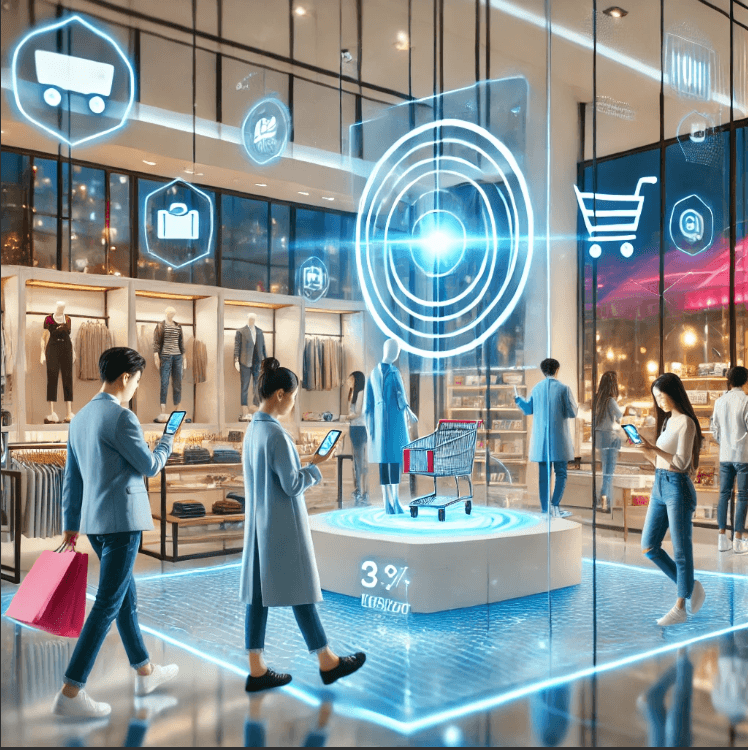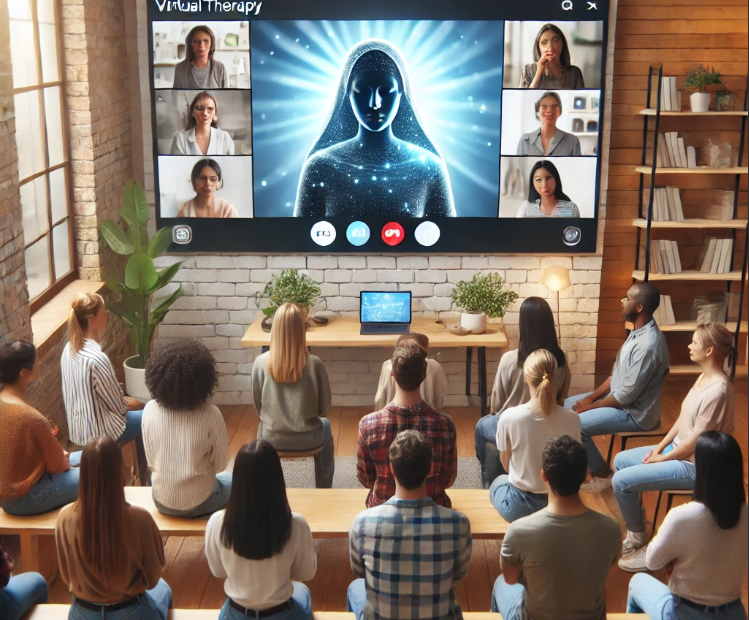As we move further into 2025, consumer behavior is being shaped by rapidly evolving digital experiences and a growing focus on mental health and holistic well-being. Retailers, service providers, and employers are adapting to these trends, investing in personalized experiences and mental health initiatives to meet the evolving demands of modern consumers. This post explores these trends in-depth, providing insights and actionable strategies for individuals and businesses to stay ahead in this dynamic landscape.
The Evolution of Digital Experiences
The Rise of Omnichannel Personalization
In 2025, personalization has become the cornerstone of consumer experiences. Businesses are leveraging data analytics, artificial intelligence (AI), and augmented reality (AR) to create seamless, omnichannel experiences that cater to individual preferences.
Retail Transformation: E-commerce platforms now offer personalized recommendations based on browsing behavior, purchase history, and even real-time preferences.
Augmented Reality Shopping: AR-powered apps allow consumers to visualize products in their homes before making a purchase, enhancing confidence and reducing returns.
Streamlined Services: From instant customer support via chatbots to automated subscription models, convenience is becoming non-negotiable.

What Consumers Expect
Modern consumers demand experiences that are:
Fast: Immediate access to products, services, and information.
Convenient: Streamlined interactions across all platforms and devices.
Tailored: Personalized recommendations and interactions that make them feel valued.
How Businesses Can Adapt
Invest in AI-Driven Tools: Utilize AI to analyze customer data and deliver tailored experiences.
Enhance Digital Touchpoints: Ensure consistency and integration across websites, apps, and in-store technologies.
Leverage AR and VR: Incorporate immersive technologies to differentiate your offerings.
The Evolution of Digital Experiences
The Rise of Omnichannel Personalization
In 2025, mental health continues to take center stage as individuals and organizations recognize its critical importance. This focus is evident in:
Workplace Initiatives: Companies are offering enhanced mental health benefits, flexible working arrangements, and stress-management resources.
Public Policies: Governments are prioritizing mental health funding, ensuring access to counseling and therapy services.
Digital Solutions: Teletherapy platforms and mindfulness apps are making mental health support more accessible than ever
Addressing Consumer Needs
Consumers are seeking products and services that promote:
Stress Reduction: Tools like meditation apps and wearables that track mental well-being.
Work-Life Balance: Flexible work options and time management resources.
Community Support: Online and offline spaces that foster connection and understanding.

Opportunities for Businesses
Partner with Mental Health Experts: Collaborate with therapists and wellness coaches to develop programs or products.
Offer Holistic Solutions: Bundle physical and mental health resources to appeal to a broad audience.
Promote Inclusivity: Ensure your mental health offerings are accessible and inclusive for diverse groups.
Inspirational Takeaways
Empathy is Key: Understanding and addressing consumer needs fosters loyalty and trust.
Innovate for Impact: Leverage technology to create meaningful, personalized experiences.
Prioritize Well-Being: Investing in mental health initiatives benefits both individuals and organizations.
For more insights on creating personalized consumer experiences and understanding consumer behavior trends, visit McKinsey & Company.

